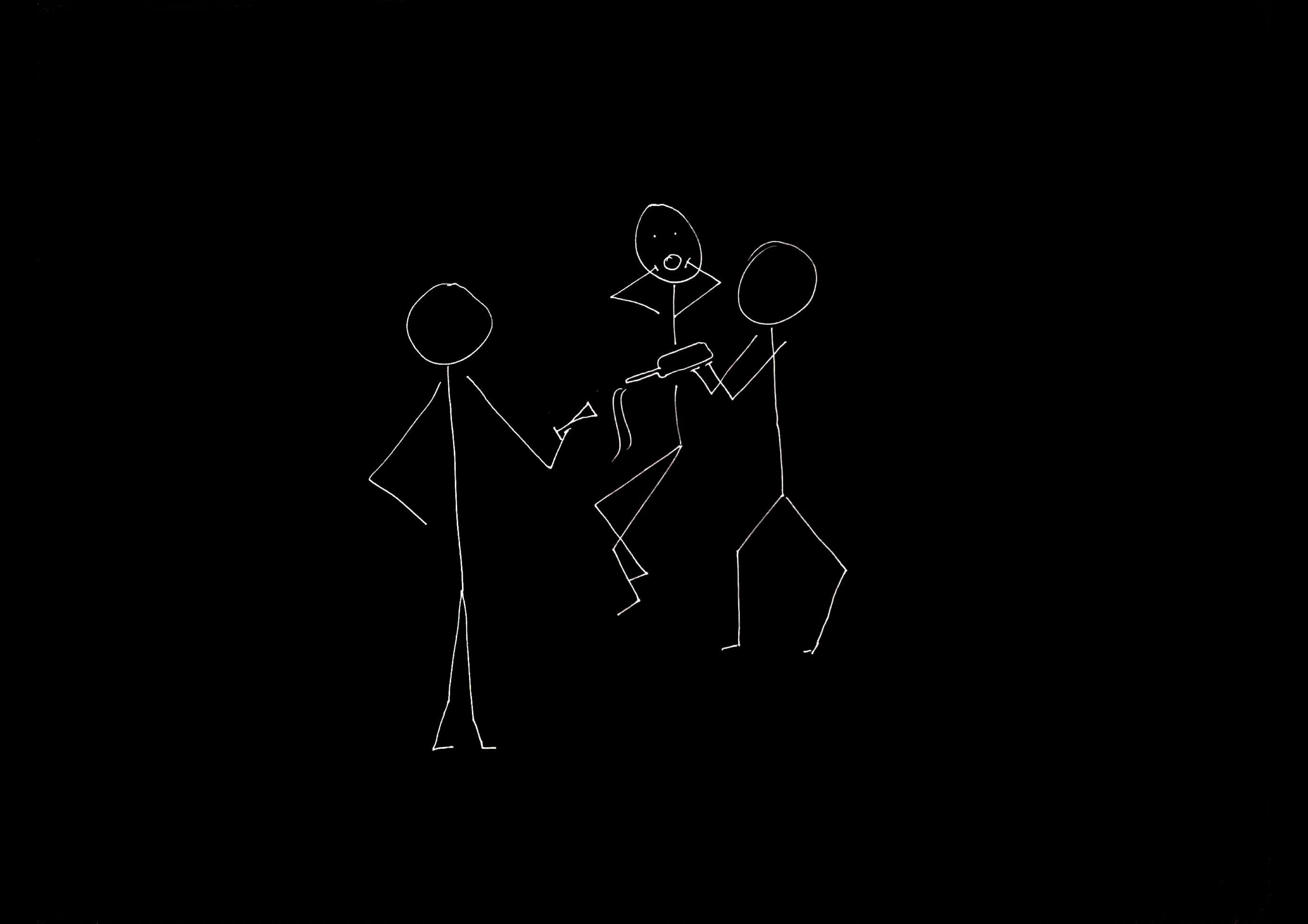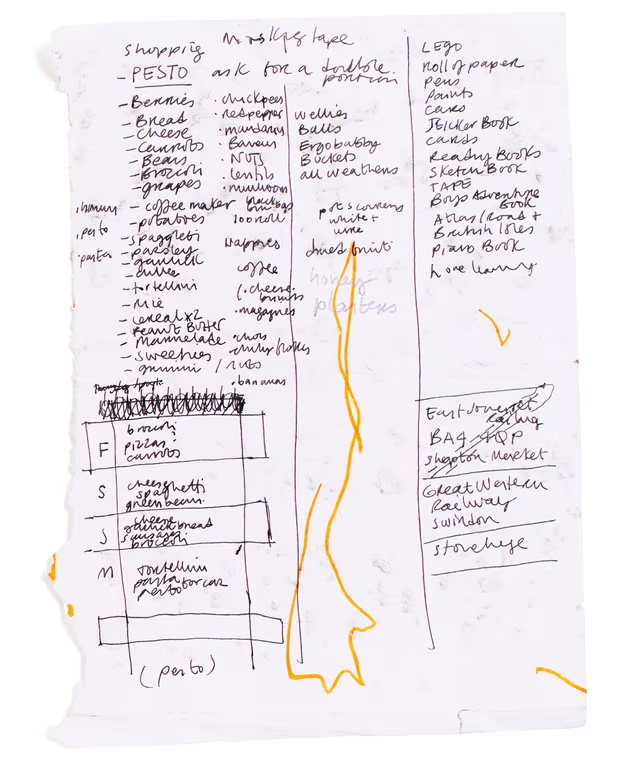Click here and press the right key for the next slide.
(This may not work on mobile or ipad. You can try using chrome or firefox, but even that may fail. Sorry.)
also ...
Press the left key to go backwards (or swipe right)
Press n to toggle whether notes are shown (or add '?notes' to the url before the #)
Press m or double tap to slide thumbnails (menu)
Press ? at any time to show the keyboard shortcuts

Instrumental Action


What is the relation between an instrumental action and the outcome (or outcomes) to which it is directed?

What is the relation between an instrumental action and the outcome (or outcomes) to which it is directed?

goal != intention
Question 1
What is the relation between an instrumental action and an outcome to which it is directed?
Standard Answer
The outcome to which an instrumental action is directed is that outcome specified by the intention which caused it.
Question 2
What distinguishes your actions from things that merely happen to you?
Standard Solution
Your actions are those events which stand in an appropriate causal relation to an intention of yours.

What are intentions?
dilemma
- need to avoid taking a side in philosophical debate about intention (Setiya, 2014)
- cannot say nothing about what intention is (because want to use the notion)
| INTENTION | yes | no |
| Is it a mental state? | Davidson (1978) | Thompson (2008) |
| Is it a belief? | Velleman (1989) | Bratman (1987) |
| Entails belief? | Harman (1976) | Levy (2018) |
| Linked to planning? | (Bratman, 1985) | |
| Entails non-observational knowledge | Anscombe (1957) | Davidson (1978) |
| Comes in two kinds? | Searle (1983) | Brozzo (2021) |
| Incompatible with habitual? | Kalis & Ometto (2021) |
What are intentions?
dilemma
- need to avoid taking a side in philosophical debate about intention (Setiya, 2014)
- cannot say nothing about what intention is (because want to use the notion)
Why postulate intentions at all?

~Hunnius ?



desire bananas
(stronger) desire chocolate

What are intentions?
dilemma
- need to avoid taking a side in philosophical debate about intention (Setiya, 2014)
- cannot say nothing about what intention is (because want to use the notion)
Why postulate intentions at all? ✔
Intention : minimal assumptions


What is the relation between an instrumental action and the outcome (or outcomes) to which it is directed?
| desire | I fill Zak’s glass. |
| belief | If I pour, I will fill Zak’s glass. |
| intention | I pour to fill Zak’s glass. |
Simple Picture (again)
When you act,
there are reasons why you act;
you know the reasons;
you act because you know the reasons; and
the reasons justify your action.
What is the relation between an instrumental action and the outcome (or outcomes) to which it is directed?
Intention!
The outcome (or outcomes) to which an instrumental action is directed is that outcome (or outcomes) specified by the intention (or intentions) which caused it.
Is that all?

What is the relation between an instrumental action and the outcome (or outcomes) to which it is directed?